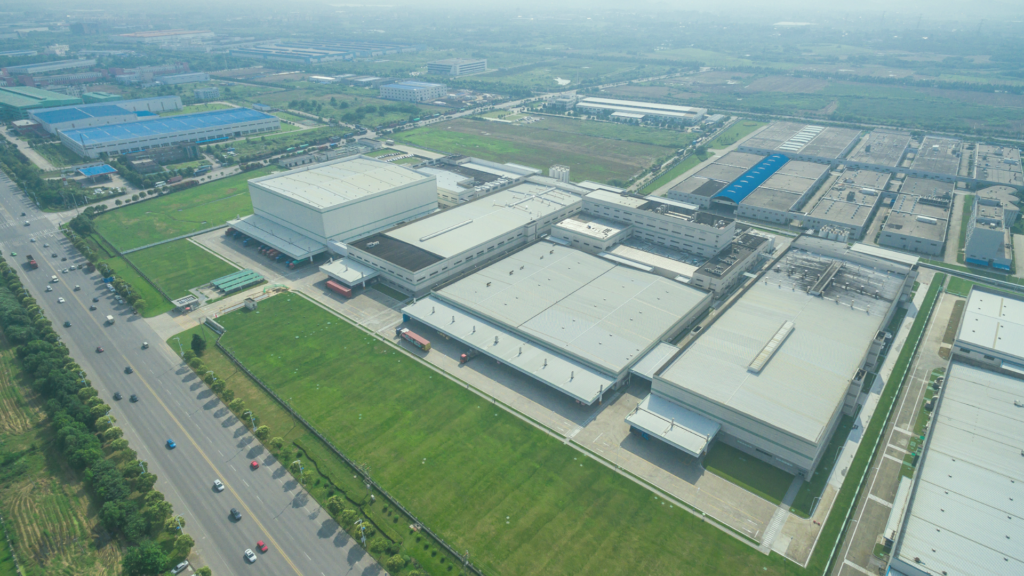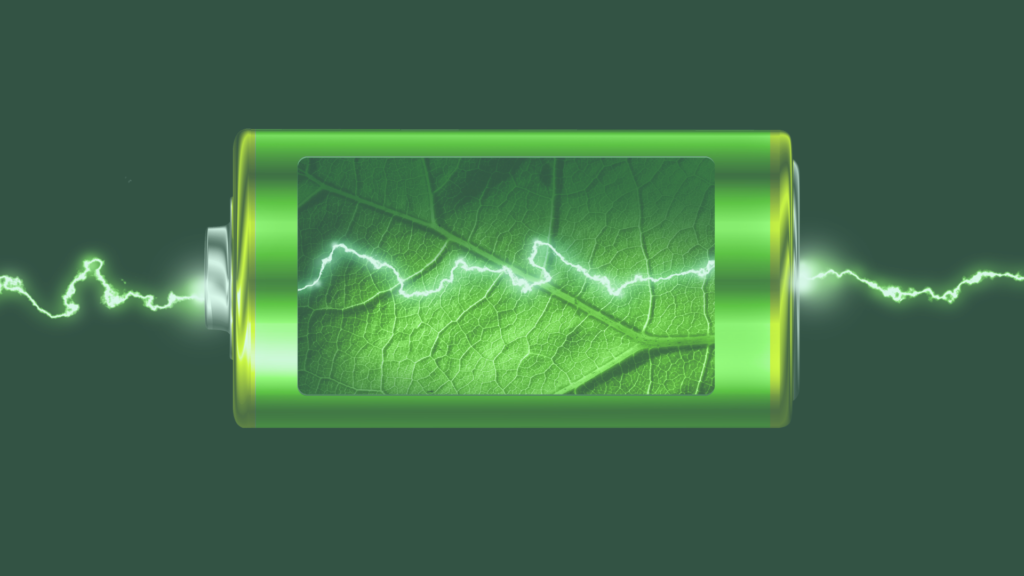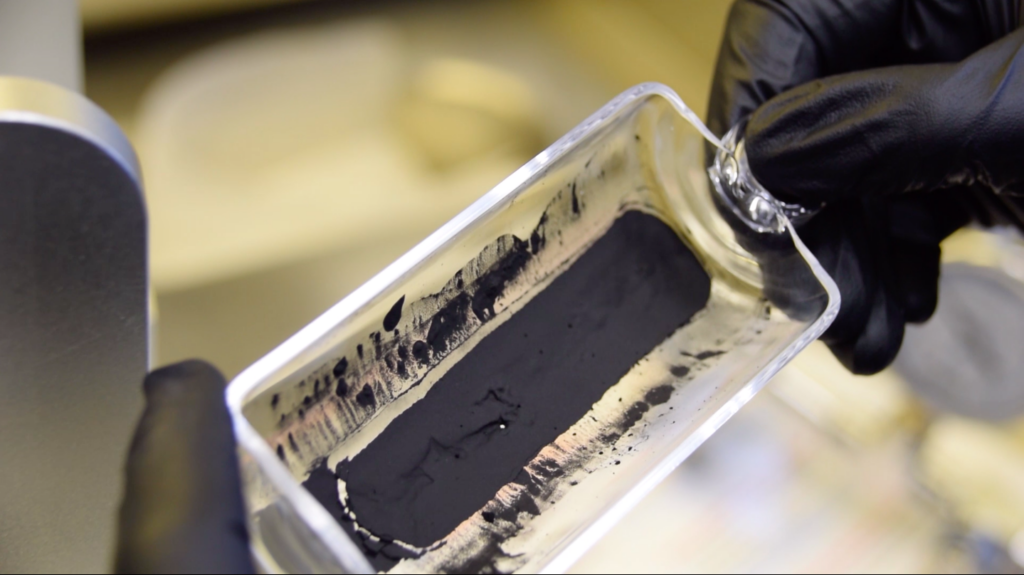Are manufacturers ready to pay the price of sustainability?

The shift towards net zero relies significantly on the abundance of materials, particularly those that enable higher levels of sustainability without compromising on performance. Global legislation is putting considerable pressure on manufacturers, and consumer demand is now aligning with this trajectory. According to BCG, the demand for sustainable raw materials could exceed supply by as […]
Electric Car Boom and the Race to Secure Raw Materials by 2030

In 2022, more than 26 million electric cars were on the roads, setting a groundbreaking sales record. However, this is merely the beginning. EV batteries represent the fastest-growing technology in energy storage, playing a crucial role in leading us towards a greener future. The International Energy Agency (IEA) projects that the momentum will intensify. By […]
UP Catalyst Secures € 1.5 M to Make Carbon Materials for Batteries

UP Catalyst, a leading nanotech company, will develop its 3rd-generation reactor to produce advanced carbon materials for batteries. This solution will specifically tackle the key challenges in carbon manufacturing. The 2-year project received funding from EAS-Enterprise Estonia to produce high-purity carbon from CO2 for battery applications. Tallinn-based UP Catalyst uses the Molten Salt Carbon Capture […]
Battery Gigafactories in Europe: Navigating Supply Chain Risks

The transition to electric vehicles (EVs) is gaining momentum worldwide, and Europe is leading the charge with an ambitious plan to construct 50 battery gigafactories by 2030. These mega-factories will collectively produce enough batteries to power a staggering 18 million electric cars every year. This bold initiative reflects Europe’s commitment to sustainable transportation and positions the continent […]
The dirty truth about electric car battery sustainability

We are witnessing a global effort to tackle climate change by transitioning towards e-mobility. US President Joe Biden has set a goal for 50% of new car sales to be electric vehicles by 2030. Meanwhile, China, which is the largest electric vehicle market in the world, has also mandated that 40% of new cars sold […]
Carbon Dioxide Removal: What’s all the buzz about?

The European Commission’s recent approval of a set of laws known as the Fit for 55 package marks a significant step towards reducing its greenhouse gas emissions by at least 55% by 2030. This package includes measures such as phasing out free allowances in the Emissions Trading System from 2026, introducing a new carbon leakage instrument to protect […]
Carbon materials in sodium-ion batteries: A new era in energy storage?

The energy storage industry has long been dominated by lithium-ion batteries, but recent developments have shown that this trend may be reaching a bottleneck. One such technology that has caught the attention of many is sodium-ion batteries (SIB). Sodium is an element with similar physiochemical properties to lithium but has unique advantages, such as natural abundance, environmental friendliness, and […]
Consortium Introduces Molten Salt Regeneration System for CCU

UP Catalyst, a leading Estonian nanotechnology company, will, together with a consortium of industry experts develop a revolutionary molten- salt- regeneration technology based on circular- economy principles. The new system has the potential to, significantly reduce waste, and it allows the reuse of carbonate salt up to 100 times. The project, named MoReCCU, has received […]
UP Catalyst disrupts the heavily China-reliant supply chain of graphite

The surge in graphite demand has put pressure on Europe, which imports almost 98% of the graphite it uses. The valuable mineral for electric vehicle (EV) batteries is now considered a critical raw material. Graphite production comes with a huge environmental and supply chain risk which is being challenged by an Estonian company UP Catalyst. […]
UP Catalyst receives €1.2 M to produce the greenest multipurpose carbon materials

Estonian technology startup UP Catalyst in partnership with the National Institute of Chemical Physics and Biophysics (NICPB) begins developing an automated process to produce sustainable carbon out of CO2 and biomass which characteristics can be adapted to any potential application. Thus, making it one of the most multipurpose materials in the world. The 2-year project aimed […]

